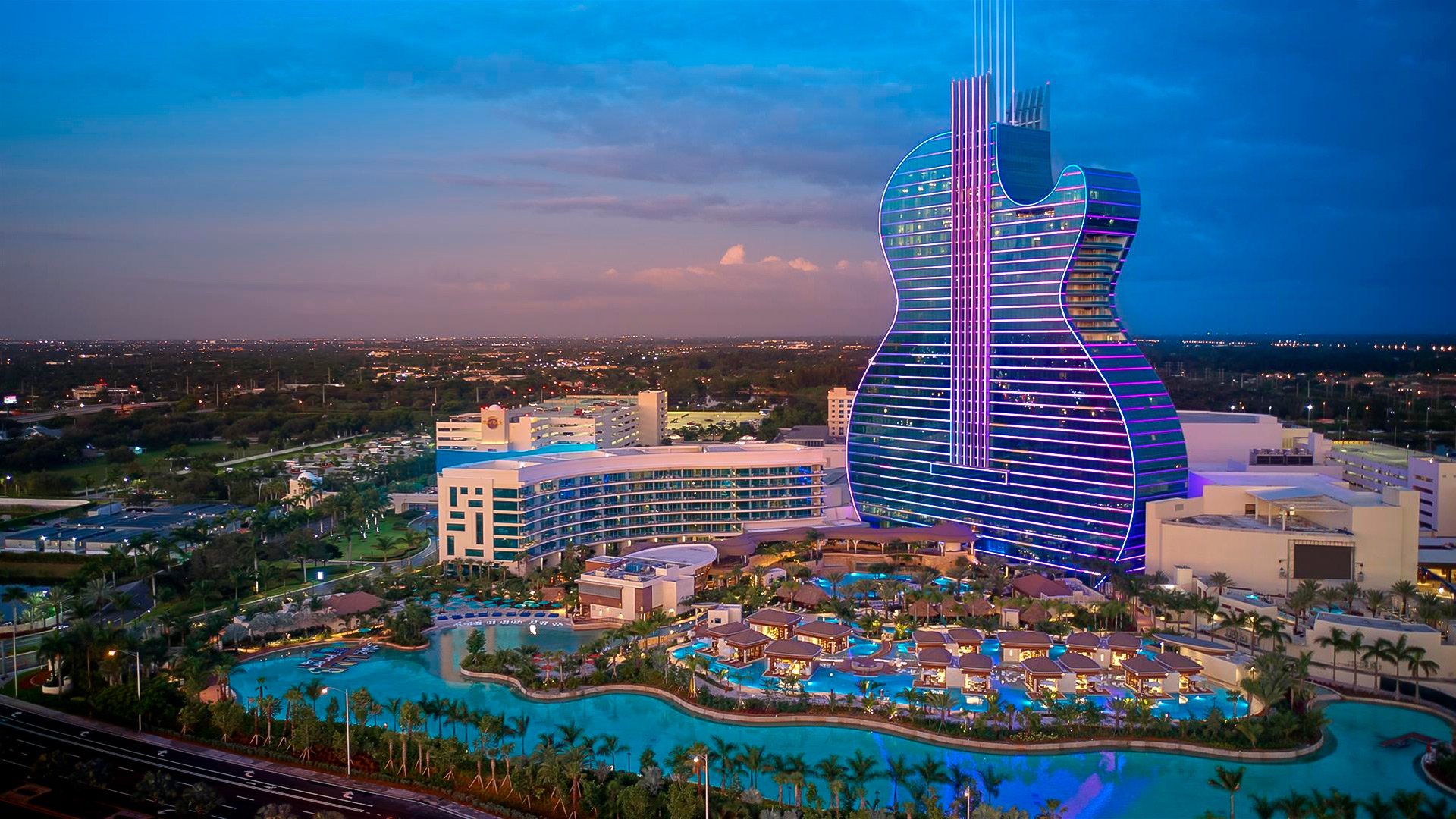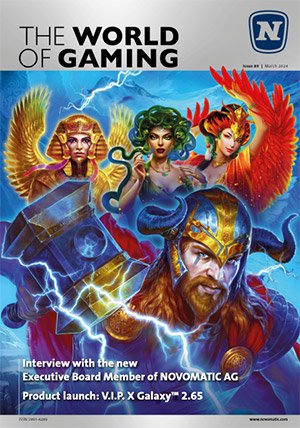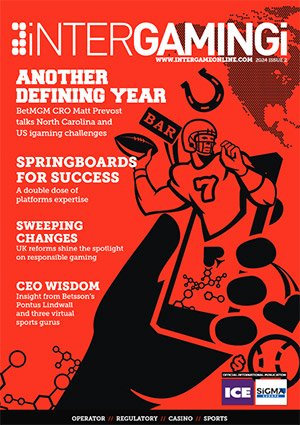Gaming under the Trump administration

Robert W. Stocker II is a member and Gaming Practice Group Chair of Dickinson Wright PLLC. He has an international practice in gaming and regulatory law. He is an adjunct professor at Cooley Law School, where he teaches gaming and business law. Stocker has been recognized by his peers in Chambers Global, Chambers USA, and Best Lawyers in America. He is a founding member and past president of the International Masters of Gaming Law and past Chair of the Gaming Law Committee of the American Bar Association.
First, some perspective. In January 2017 the political landscape in the USA is as follows:
1. Republican President and Vice President
2. Republican-appointed Cabinet
3. Republican control of the United States Senate
4. Republican control of the United States House of Representatives
5. Republican control of 31 state legislatures
6. Republican control of 36 Governorships (out of 50)
7. Republican control of a majority of county governments
8. Republican control of majority of city governments
9. Republican control of judicial nominations including Supreme Court
Contrary to a general impression, neither major political party is pro-gaming or anti-gaming. Rather, support of and opposition to gaming is very localized and is across party lines. That being said, here are some hints about where gaming is headed in the next Congress (calendar years 2017-2018).
It is very important to understand that in the USA we have a dual system of government (federal and state), and the United States Constitution grants very significant powers to the states (which we refer to as “States’ Rights”). Federal government regulation is based in part upon the Interstate Commerce Clause of the United States Constitution. Intrastate activity (i.e., activity occurring within a single state) is a matter of state law (subject to United States Constitution protections focused on due process, equal protection, freedom of speech, right of assembly, etc.) rather than federal law. Hence, which political party has control of state legislatures and state governor offices is important from a policy perspective. Generally speaking, the Republican Party is pro-business and the Democratic Party is pro-regulation. This is especially true at the state level.
Fact Number One: President-Elect Trump owned several New Jersey casinos. He knows land-based gaming. His casinos were located in a state that was prohibited from permitting sports betting by the Professional and Amateur Sports Protection Act (PASPA).
Fact Number Two: A principal supporter of Trump in his run for President was Sheldon Adelson, who strenuously opposes Internet gaming. Adelson and Steve Wynn (who in 2015 stated that he also opposes Internet gaming) are on the Presidential Inauguration Committee. Two strong anti-Internet casino owners will have access to the President.
Fact Number Three: Intrastate Internet gaming has been legalized in Nevada (poker), New Jersey (all forms of casino games) and Delaware (poker). Other states will join the intrastate Internet movement. Some states are selling their state lottery tickets on the Internet. Internet gaming is up and running on an intrastate business.
Fact Number Four: The United States Congress (Senate and House of Representatives) will have a lot of pro-business (including major tax reform involving lower tax rates and making the international tax framework more competitive in the world market), immigration and health care legislation on the plate in the first 100 days of the Trump Administration. Subject to one exception discussed below related to sports betting, federal gaming legislation is unlikely to be in the top 20 list of federal legislative concerns in 2017.
Fact Number Five: Daily Fantasy Sports is a mixed bag on a state-by-state basis. A few states are legalizing it and licensing it. A few states are banning it. A lot of states are silent on the issue. The practical impact of Daily Fantasy Sports has been to place the Professional and Amateur Sports Protection Act’s restriction on states legalizing sports betting in the crosshairs. Five states have joined New Jersey in challenging the legality of PASPA in the federal courts. New Jersey has formally requested the United States Supreme Court to consider the state’s federal court (2nd Circuit) challenge of PASPA’s restriction on the expansion of sports betting.
Fact Number Six: Individual states are continuing to expand legal gaming activities in order to garner increased tax revenues to fund the growing costs of government programs. This trend will continue in the coming years.
Taken together, what does this tell us about future gaming trends in the USA?
Prediction Number One: Notwithstanding the efforts of Mr. Adelson, Congress will not pass any legislation that completely bans Internet gaming. If any legislation is enacted, it will have an intrastate Internet carve out. Meanwhile, additional state legislatures will explore legalizing casino style gaming and intrastate Internet gaming. Those states that have already legalized casino gaming and want to legalize intrastate Internet gaming will probably follow the New Jersey model, which routes the Internet gaming through the state’s existing land-based casinos.
Prediction Number Two: The net effect of Daily Fantasy Sports activity at the state level, as well as Trump’s casino background, raises the possibility that the one affirmative action that may arise in the next Congressional session is the repeal of PASPA or, in the alternative, its amendment to open the door to allow states to make their own decision regarding whether or not to permit sports betting. If this is done, the states that already permit casino operations, as well as Indian Country casinos, will expand their gaming operations to include sports betting.
Prediction Number Three: The legal challenges to PASPA are an uphill, but not impossible, battle. As noted above in Fact Number Five, the adverse federal appellate decisions in the 2nd Circuit have been appealed to the United States Supreme Court. This is a discretionary appeal, which means that the Supreme Court has the discretion to accept or reject hearing the appeal. If the Supreme Court grants certiorari (i.e., agrees to hear the appeal), the composition of the Supreme Court at the time of the hearing of the appeal may be crucial. This means that Trump’s designee to fill the one vacancy on the Supreme Court could be a deciding factor. In this regard, the nominee will most likely be a conservative, States’ Rights nominee aligned with the thinking of the Federalist Society (a major conservative organization composed of lawyers in the United States). In any event, the Supreme Court is a wild card in the mix. If the Supreme Court refuses to consider New Jersey’s appeal, then pressure will increase in the federal legislature to either repeal PASPA or amend PASPA to allow states to adopt intrastate legislation permitting sports betting within the state at the state’s option.
Bottom Line: Stay tuned and watch developments very closely. If the door for sports betting opens, there will be a rush to get on board. He who hesitates will get left behind.


















































